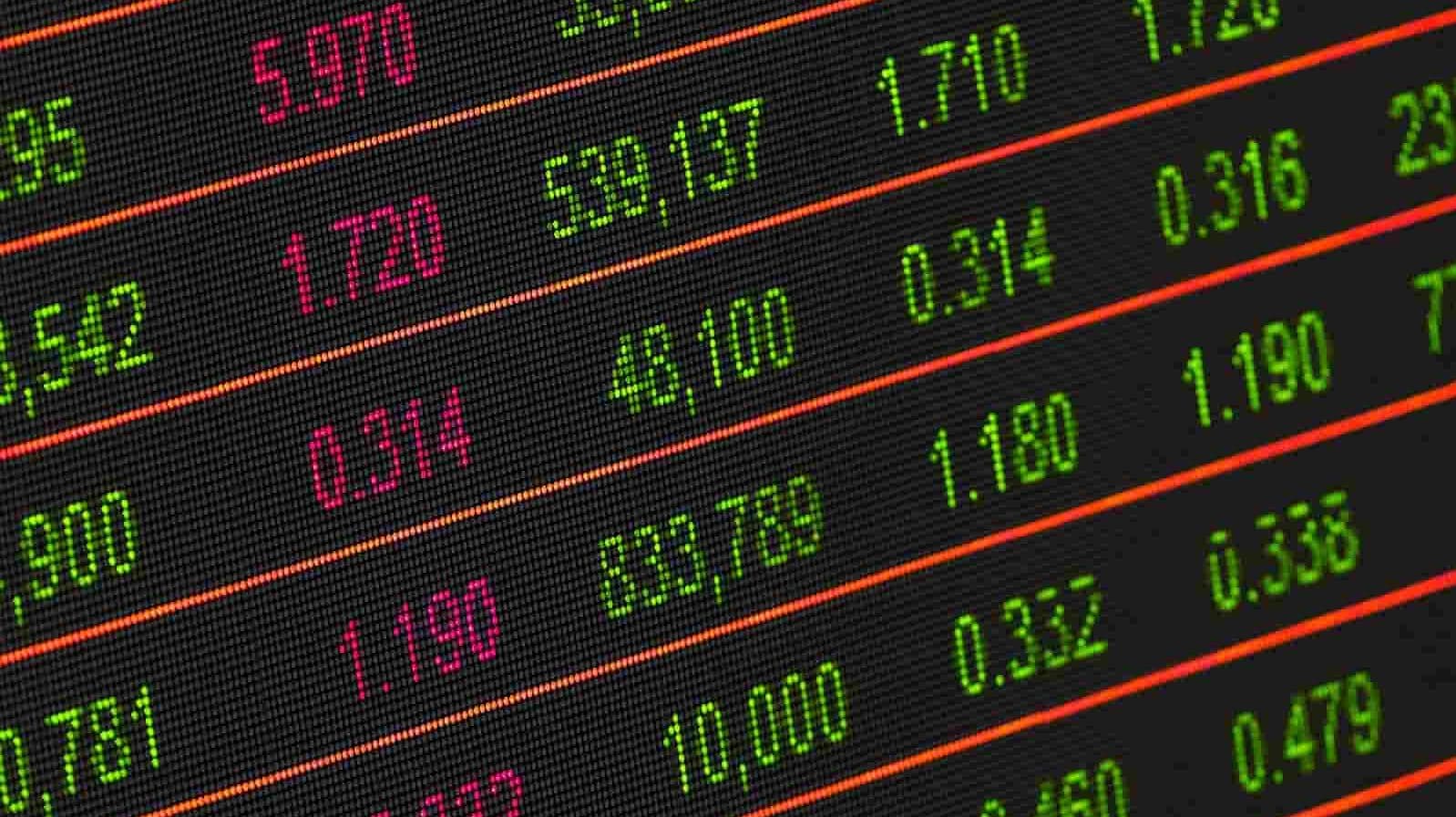Globally, stock market independence has become a thoroughly studied issue amongst scholars, not solely in the field of economics and finance, but also in engineering and information technology. Understanding how global exchanges interact and how dependent they are on each other helps economists, investors and financiers make better decisions and suggest more effective policies.
Stock markets in developing vs developed markets
On a developing vs developed market level, Lu Liu from Lund University’s Department of Economics explains that “economic integration drives the correlations of a developing market with other markets.” Economic integration here mainly refers to trade unification, which facilitates the convergence of cash flows between countries and fosters business cycle synchronization.
In her paper “International stock market interdependence: Are developing markets the same as developed markets?”, Liu adds that the correlation between developed markets with others mainly depends on similarities in information capacity and industrial structure between the relevant countries. Information capacity is primarily the ease of obtaining information about a specific market. “Markets with a high information capacity tend to react promptly to external shocks and hence comove more with other markets,” the author explains.
Most importantly, financial integration is what most affects the link between developing countries amongst each other. Here, financial integration refers to a country’s degree of capital account openness, based on cross-border financial transaction controls.
The EGX’s connection to other countries in the region
Aiming to examine short- and long-term interdependence among stock markets in Africa and the Middle East while analyzing patterns of volatility spillover, the three scholars Ajaya Kumar Panda, Swagatika Nanda and Rashmi Ranjan Paital examined 12 markets, one of which is Egypt’s Egyptian Exchange (EGX). In their paper “An empirical analysis of stock market interdependence and volatility spillover in the stock markets of Africa and Middle East region,” they find that “the interlinkages of the stock markets are not uniform across all the countries of the region.”
The research reveals that the stock markets of Israel, South Africa and Jordan appear to be highly connected, followed by Egypt and Botswana. Based on the data, any short-run disequilibrium in Botswana’s stock market can be corrected by short-term lagged differences in Egypt, and a number of other markets in the region.
In terms of stock market returns, Egypt and Jordan share a significant correlation and causality, whereas unlike Jordan, Egypt does not share that causality with the world market. Additionally, Egypt is influenced by the markets of Israel, Mauritius, Oman, Saudi Arabia and South Africa, but fails to influence their return.
Overall, Egypt is moderately connected to the Middle Eastern stock markets, namely Kuwait and Saudi Arabia, and the most dynamically interlinked stock markets in the region are Israel, South Africa, Jordan, Egypt and Botswana.
To further read up on what else Panda, Nanda and Paital found, you can access the research paper by clicking here.









